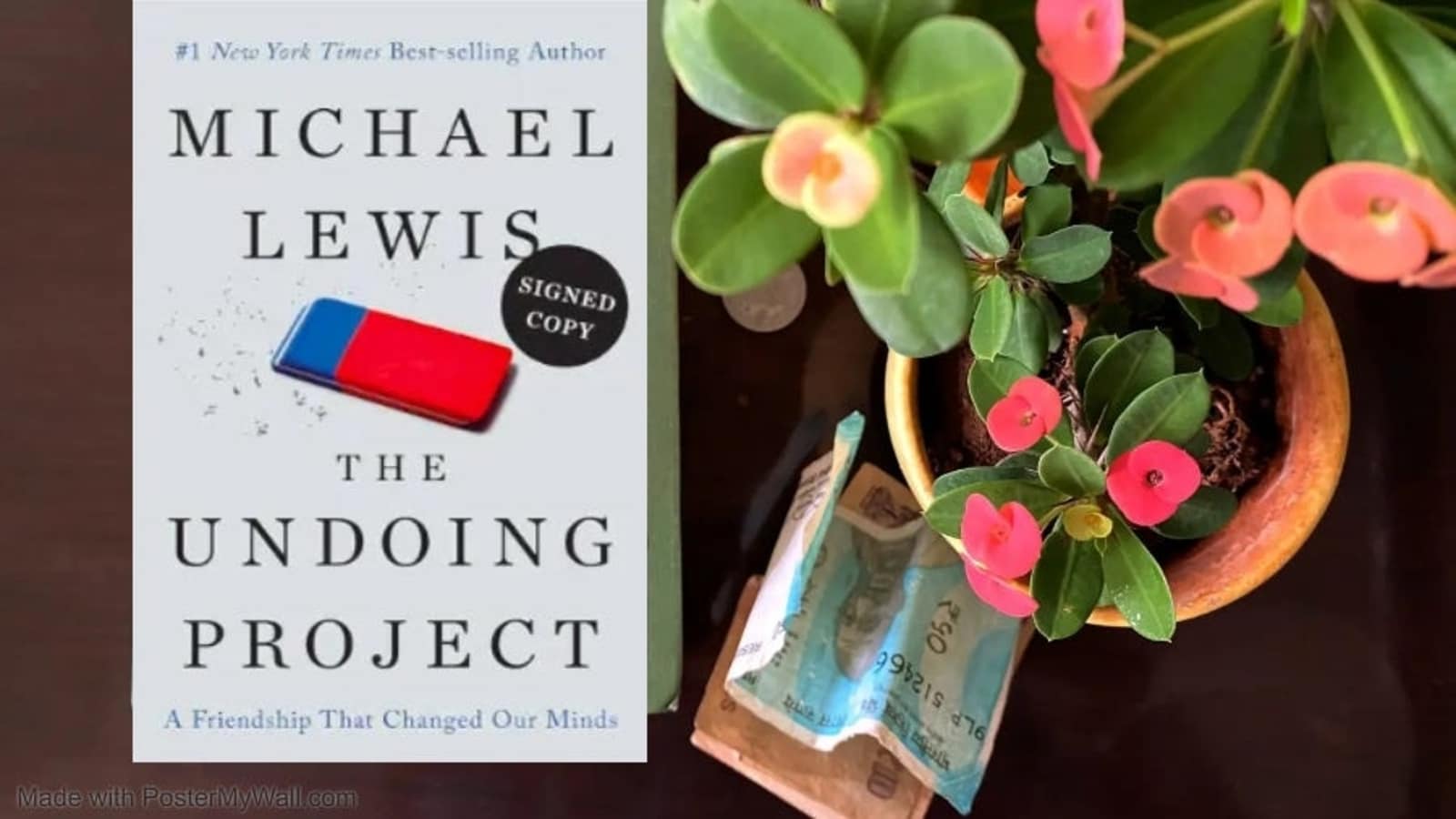If you are interested in exploring the work of a remarkable economist who recently passed away and wish to have an impact on others, consider delving into the following two books.
My introduction to Kahneman, the Israeli-American psychologist who was honored with the Nobel Prize in Economics, was quite serendipitous. He was not a prominent figure in my early economics education, whether in high school textbooks or during my MBA studies at IIM Calcutta, where economics was predominantly associated with mathematics, emphasizing the purity of the discipline.
The realization that economics should encompass elements of psychology dawned on me later in my professional journey. During a visit to Boston to see my brother at MIT Sloan, he introduced me to Dan Ariely, an Israeli-American professor, through his book “Predictably Irrational.” This introduction marked the beginning of my fascination with this field.
Starting from “Predictably Irrational,” I traced my way back to Nudge by Cass Sunstein and Richard Thaler, eventually leading me to the seminal work that inspired them all – Thinking, Fast and Slow by Daniel Kahneman. Subsequently, I immersed myself in behavioral economics literature, exploring works like Influence by Robert Cialdini and Misbehaving by Richard Thaler.
As a former literature student, behavioral economics resonated deeply with me.
For years, I defended my choice of studying English literature against those who deemed it frivolous and impractical. They questioned its relevance in the absence of numbers and scientific precision. However, Kahneman’s exploration of human biases in decision-making validated the significance of studying psychology and human behavior in various aspects of life, from military enlistments to financial investments. He not only challenged the conventional wisdom of number-centric economists but also received the prestigious Nobel Prize for Economics in 2002.
Today, a plethora of insightful books on behavioral economics exists, each contributing uniquely to the discourse. Among them, “Influence” by Cialdini stands out as my personal favorite, serving as a guiding light in both life and my teachings on persuasive communication.
If I were to recommend two essential reads, they would both be inspired by Daniel Kahneman.
The first recommendation is a captivating biography of Kahneman and his collaborator Amos Tversky penned by Michael Lewis, titled The Undoing Project. The second is Kahneman’s own masterpiece, “Thinking, Fast and Slow,” elucidating his groundbreaking research.
Reading The Undoing Project reignited my interest in revisiting Thinking, Fast and Slow. The synergy between these two works enriched my understanding of behavioral economics profoundly.
Charlie Munger’s words resonate here: “When you’re trying to teach the great concepts that work, it helps to tie them into the lives and personalities of the people who developed them.” Reading The Undoing Project not only facilitated my comprehension of behavioral economics but also fostered a sense of kinship with Kahneman and Tversky.
For this weekend, I urge you to delve into these two books if you aspire to make informed decisions, comprehend human behavior, and influence others.
Commence your journey with The Undoing Project. You may skip the initial chapter focusing on basketball player selection and dive directly into Chapter 2, where you witness a young Kahneman’s poignant encounter as a Jewish child in German-occupied France. Follow his odyssey from France to Israel, his service in the Israeli army, his development of personality questionnaires, and his exploration of cognitive biases such as confirmation bias and framing effect. Supplement this narrative with Kahneman’s meticulous research expounded in Thinking, Fast and Slow, a work that stands as a pinnacle in the realm of behavioral economics.
What about you, dear reader? Which books on behavioral economics and economics at large captivate your interest? Feel free to share your recommendations. Until next week, happy reading.
Sonya Dutta Choudhury, a Mumbai-based journalist and the visionary behind Sonya’s Book Box, a bespoke book service, curates specially tailored reading experiences to offer profound insights into individuals and cultures. For reading suggestions or feedback, reach out to her at
Books recommended in this edition of Book Box
- Predictably Irrational by Dan Ariely
- Thinking, Fast and Slow by Daniel Kahneman
- Nudge by Cass Sunstein and Richard Thaler
- Influence by Robert Cialdini
- Misbehaving by Richard Thaler
- The Undoing Project by Michael Lewis
- Noise by Daniel Kahneman, Cass Sunstein, and Olivier Sibony
